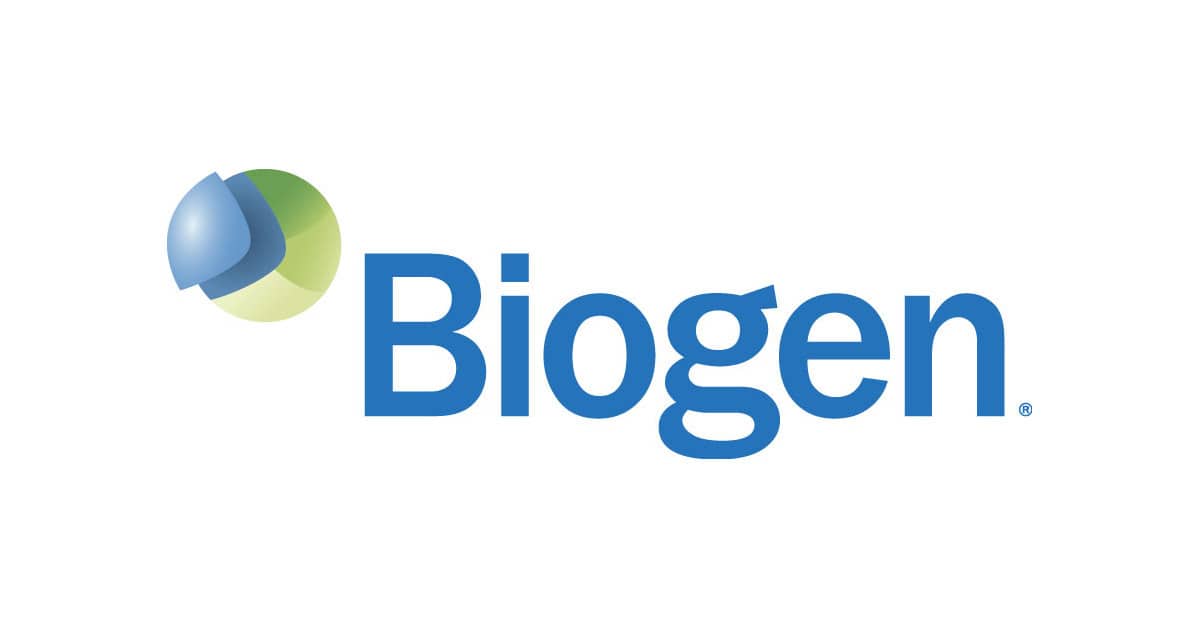
Biogen has announced that detailed results from its phase 3 VALOR study, plus as an open-label extension (OLE) study, of tofersen for the treatment of superoxide dismutase 1 (SOD1) amyotrophic lateral sclerosis (ALS) have been published in The New England Journal of Medicine.
The combined data showed sustained reductions in SOD1 protein and neurofilament – a marker of neurodegeneration – and slowed decline in clinical function, respiratory function, strength, and quality of life with earlier initiation of tofersen, the company reported.
Characterised by a progressive degeneration of motor nerve cells in the brain and spinal cord, it is estimated that ALS is responsible for approximately five of every 100,000 deaths in people aged 20 years and older.
Multiple genes have been implicated with ALS, and mutations in the SOD1 gene are responsible for approximately 2% of the estimated 168,000 global cases. Life expectancy in SOD1-ALS varies widely with some patients surviving less than a year, and there is currently no treatment targeted for SOD1-ALS.
Tofersen is an antisense drug, which works by binding to SOD1 mRNA, allowing for its degradation by RN-ase-H in an effort to reduce synthesis of SOD1 protein production.
VALOR was a six-month phase 3, randomised, double-blind, placebo-controlled study to evaluate the effects of tofersen 100mg in adults with ALS associated with a SOD1 mutation. In total, 108 participants were randomised in VALOR, 95 of which enrolled in the ongoing OLE.
As previously reported in October 2021, in the phase 3 VALOR study, tofersen failed to produce statistically significant change in functional status for patients with fast-progressing ALS compared to placebo after 28 weeks of treatment.
However, trends of reduced disease progression across multiple secondary and exploratory endpoints were observed, the company outlined.
“I see three key take-home points from this data. First, tofersen clearly leads to lowering of SOD1 protein, as would be expected. Second there is substantial lowering of neurofilament levels, which I interpret as potentially slowing the underlying disease process. And third, there is a meaningful clinical benefit when looking at the later time points in the open label extension,” said Timothy Miller, principal investigator of VALOR and ALS Center co-director at Washington University School of Medicine, St Louis.
Data from the combined analysis is included in Biogen’s New Drug Application for tofersen that was recently accepted for priority review by the US Food and Drug Administration. The application has been given a Prescription Drug User Fee Act action date of 25 January 2023.




